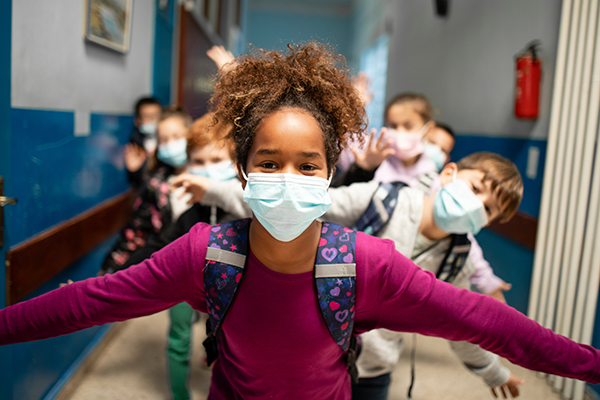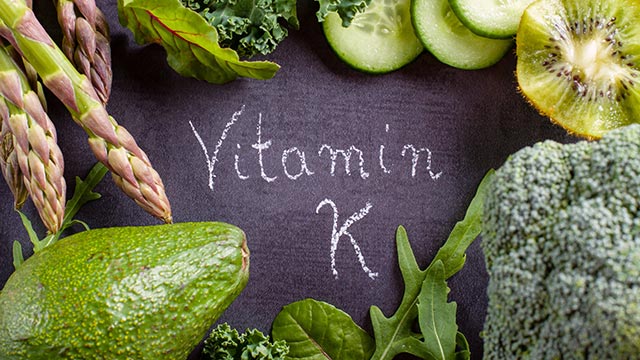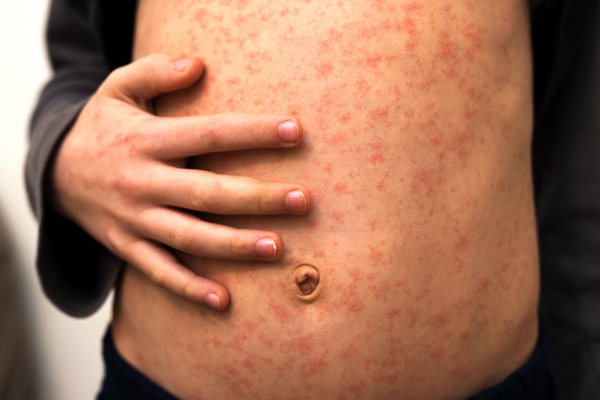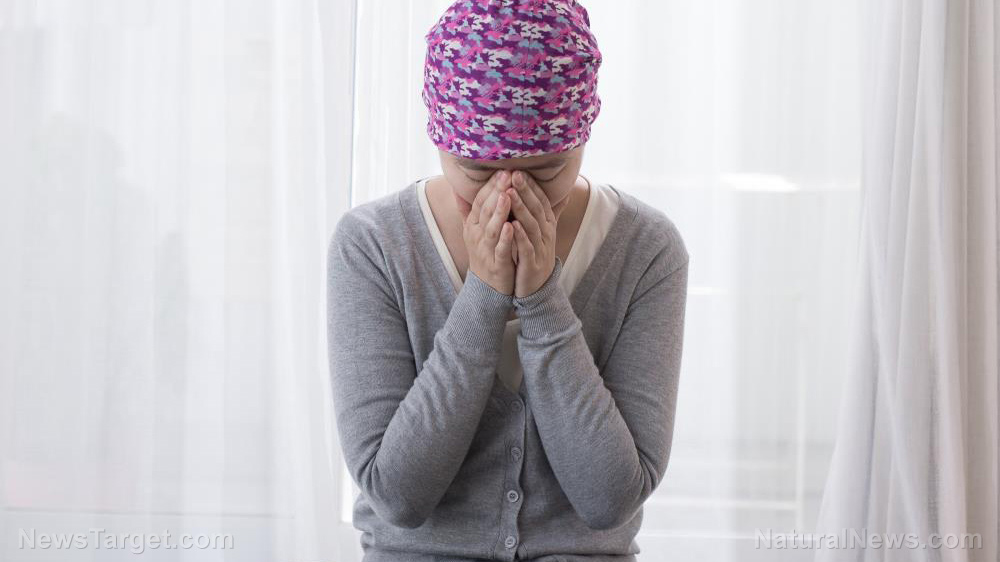New Jersey schoolchildren offered cash prizes for pushing Big Pharma vaccines
02/11/2024 / By Ethan Huff

The New Jersey Department of Health (NJDOH) has come up with a new ploy to generate more interest in childhood vaccines: a contest for children called “Protect Me With 3+.”
According to reports, the campaign is aimed at young children and teenagers to indoctrinate them into the “benefits” of vaccines. Using posters and videos, Protect Me With 3+ is all about “educating New Jersey communities,” the NJDOH says, about why everyone needs to get injected with vaccines.
Together with the Partnership for Maternal & Child Health of Northern New Jersey, the NJDOH is asking children and teens in grades 5-12 to create either a poster or a 30-second video to “raise awareness of the importance of vaccination against one of the following vaccine-preventable diseases: Tetanus, Diphtheria, and Pertussis (Tdap), Meningococcal ACWY (MenACWY), Human Papillomavirus (HPV), Flu, or COVID-19.”
“By getting vaccinated, you are protecting yourself and your family and friends,” the contest materials state. “Not vaccinating a child on time can make someone else sick, like a friend, baby, adult, grandparent, or someone unable to be vaccinated.”
Children who participate in the Protect Me With 3+ contest can win gift cards ranging in value from $50 to $175, depending on the effectiveness of their poster or video. Three teachers whose classes submit the most entries will also receive $75 in prize money.
(Related: When a “blockbuster” pharmaceutical drug’s profit stream dries up, drug companies simply rebrand it for a different disease in order to create another cash cow.)
NJDOH also unleashes “Step Up! Vax Up!” targeting college students
College and university students throughout the Garden State can also participate in a similar contest program from the NJDOH called “Step Up! Vax Up!” that offers even larger cash prizes of up to $5,000.
All throughout New Jersey, children, teenagers and young adults are in the crosshairs of these pro-vaccine programs from the NJDOH, which many say are ethically and morally reprehensible.
“This type of insidious manipulation of children for Pharma profit is cruel and inhumane,” commented Brian Hooker, PhD, PE, senior director of science and research at Children’s Health Defense (CHD).
“It is typical of state departments of health to lie about the safety profile of vaccines, but NJDOH takes it one step further, where these unsuspecting children will be used as minions in their dangerous campaign.”
New Jersey-based attorney Julio Gomez agrees, having told the defender that the NJDOH has strayed very far from its mission, not to mention from science itself.
“According to its website, the primary goal of the NJDOH is to improve the well-being and quality of life for all New Jerseyans,” Gomez said. “Its work purports to include health promotion and education, and health data collection and analysis.”
“In light of the vast amount of scientific evidence available today about the risks and ineffectiveness of the entire childhood vaccine program, in particular the number of children who have been injured by vaccines and compensated by the government for their proven injuries under the Vaccine Injury Compensation Program, it appears clear to me from the NJDOH’s poster campaign that NJDOH has completely abandoned its mission.”
It turns out that the NJDOH has been quietly organizing this poster contest annually for several years. In 2023, according to Ann Rosen, a member of CHD’s New Jersey chapter, many of the winning entries demonstrated “good intentions, talent, and creativity,” despite being horribly misguided.
“Critical science and risk-benefit profiles are absent,” Rosen further commented about the entries. “And this appears to be by design.”
Why is Big Pharma even allowed to target underage children with its pharmaceutical drugs in the first place? Find out more at BadMedicine.news.
Sources for this article include:
Submit a correction >>
Tagged Under:
Big Pharma, brainwashed, cash, child exploitation, depopulation, enslaved, informed consent, New Jersey, New Jersey Department of Health, obey, outrage, Parental rights, prizes, propaganda, Protect Me With 3+, vaccination, vaccine wars, vaccines
This article may contain statements that reflect the opinion of the author



















